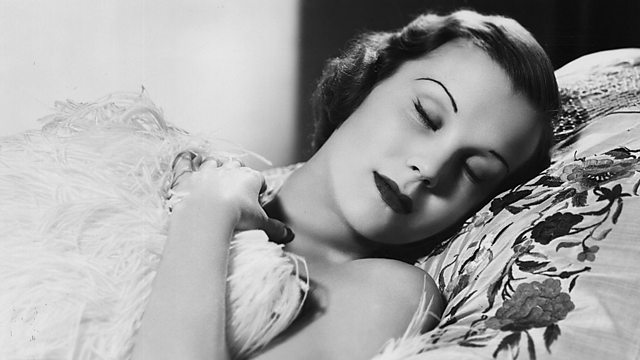Sleep
We spend a third of our lives asleep, but sleep science hasn’t got much further than being sure that we sleep because, er, we get sleepy.
The first of two programmes which looks at human behaviour and sleep
Why do we Sleep?
At first glance, it seems a silly question but actually it is one that’s been baffling scientists for decades. We spend a third of our lives asleep, but sleep science hasn’t got much further than being sure that we sleep because we get sleepy.
As Mike falls into a deep slumber to the sound of his own recording voice, we will find out exactly what happens when we sleep, from circadian clocks to sleep spindles to the famous REM, and how we have thought about this dark and private side of our lives across ages and cultures.
We explore conflicting theories about the purpose of sleep. One theory is that we developed our sleep patterns to allow our body and mind to repair itself at night. While we know our body grows and heals while we sleep, we know much less about what our brain is doing and a century after Freud and Jung’s explanations, we’re still far from scientific consensus on what dreams are for. Are we consolidating memories? Are we rehearsing our responses to threatening situations? Or is it all random imagery created by an organ that is designed to be awake and can never fully shut down? Another theory is that while our bodies use the opportunity while we are asleep for restoration, it is not why we evolved to sleep around eight hours a day. Could it be as simple as we sleep because our ancestors didn’t need to be awake any longer?
(Photo of actress Joan Gardner asleep in November 1933. Credit: Getty Images)
Last on
Broadcasts
- Fri 15 Mar 2013 19:32GMTBBC World Service Online
- Sat 16 Mar 2013 04:32GMTBBC World Service Online
- Mon 18 Mar 2013 00:32GMTBBC World Service Online
- Mon 18 Mar 2013 11:32GMTBBC World Service Online
Podcast
-
![]()
The Why Factor
The extraordinary and hidden histories behind everyday objects and actions




